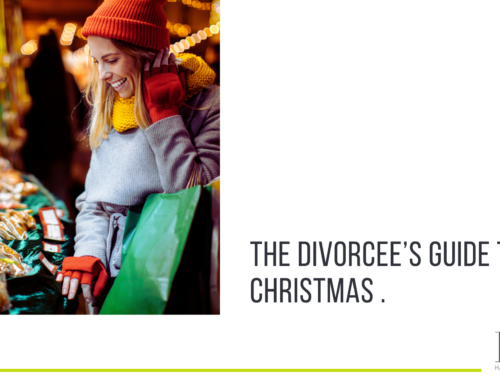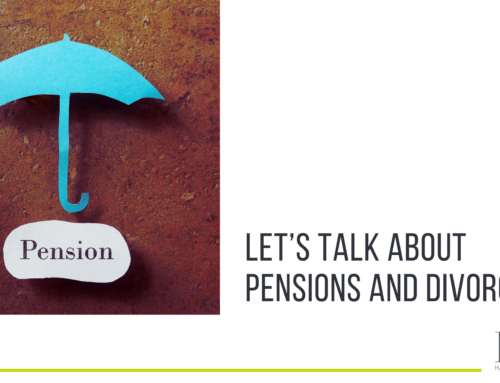There are three different ways to deal with pensions on divorce. Pension attachment orders, pension sharing orders and offsetting. It’s important to choose the right option for your circumstances or you may lose out financially. Therefore, we have put a helpful guide below to help you understand more about these different options.
Pension attachment orders
This is where the court orders a pension scheme to pay the other spouse a percentage of the tax-free cash lump sum and/or the monthly income paid by a pension.
What do I need to be careful of?
The terms of a pension attachment order can be changed at a later date, creating uncertainty for the future.
- The pension remains in the member’s name and is taxable. As the personal allowances of both parties are not being shared this may not be the most tax efficient option.
- The order ends on the death of the pension holder, so payments to the survivor on the death of the pension holder.
- The scheme member can choose when to draw the pension and the recipient may not have any say in this.
- If the recipient remarries they lose their right to income from the pension.
The benefits
- If both the member and recipient are at retirement age or close to it, it can be a way of maximise the benefits available to both of them from the pension.
- If the member is at retirement age but the recipient is younger, it is a way of the recipient receiving income immediately from the pension fund.
Pension sharing orders
This is a court order providing for a certain percentage of a pension scheme member’s pension to be transferred to the other party. Once it has been implemented, the parties will have separate pension rights in their own names, completely independent of each other.
What do I need to be careful of?
- The rules governing whether you need to remain in the scheme or transfer to a completely new scheme are very complicated. Transferring to a new scheme can result in loss of pension value.
- It’s important to understand the rules of the particular scheme fully. There may be penalties relating to when benefits can be taken.
- Pensions can be valued in many different ways. It is vital to get specialist advice to check whether the value you’ve been given is a fair one. Very often the value given is massively inaccurate, and relying on it could cost you tens or hundreds of thousands of pounds.
The benefits
- The pension pot is transferred to the recipient and belongs to them.
- The recipient can decide when to take the pension and how much to draw down from it subject to the rules of the scheme.
- The pension fund is not lost on the remarriage of the recipient or the death of their spouse.
Offsetting
This involves taking a value for one party’s pension provision and setting it off against the value of other non-pension assets. The pension is left intact in return for the other person receiving a larger share of non-pension assets.
What do I need to be careful of?
- The key pitfall here relates to securing an accurate pension valuation. The pension will need to be carefully assessed and specialist legal advice will be needed to ensure that the correct compensatory amount of alternative assets is agreed.
- Pensions and cash have very different attributes and should not be compared like for like.
The benefits
- Cash may be needed for housing and it enables the recipient to maximise the cash available to them.
- The recipient may be able to downsize to a smaller home when they get to retirement age to free up cash to help them fund their retirement.
You must ensure you have specialist family law advice before reaching any agreement with regard to pensions on separation or divorce.
To speak to one of our friendly solicitors for a confidential chat give us a call today on 01423 594680.

Laura Mounsey is a family lawyer with experience of working on cases involving properties, trusts, businesses and pensions. Laura is a dedicated and talented lawyer who has been recognised with a “Safe Pair of Hands” Award.
Everyone’s circumstances are different and this article is provided by way of general information only and must not be relied upon. If you require legal advice on a family law issue, please feel free to contact us by emailing enquiries@harrogatefamilylaw.co.uk.






